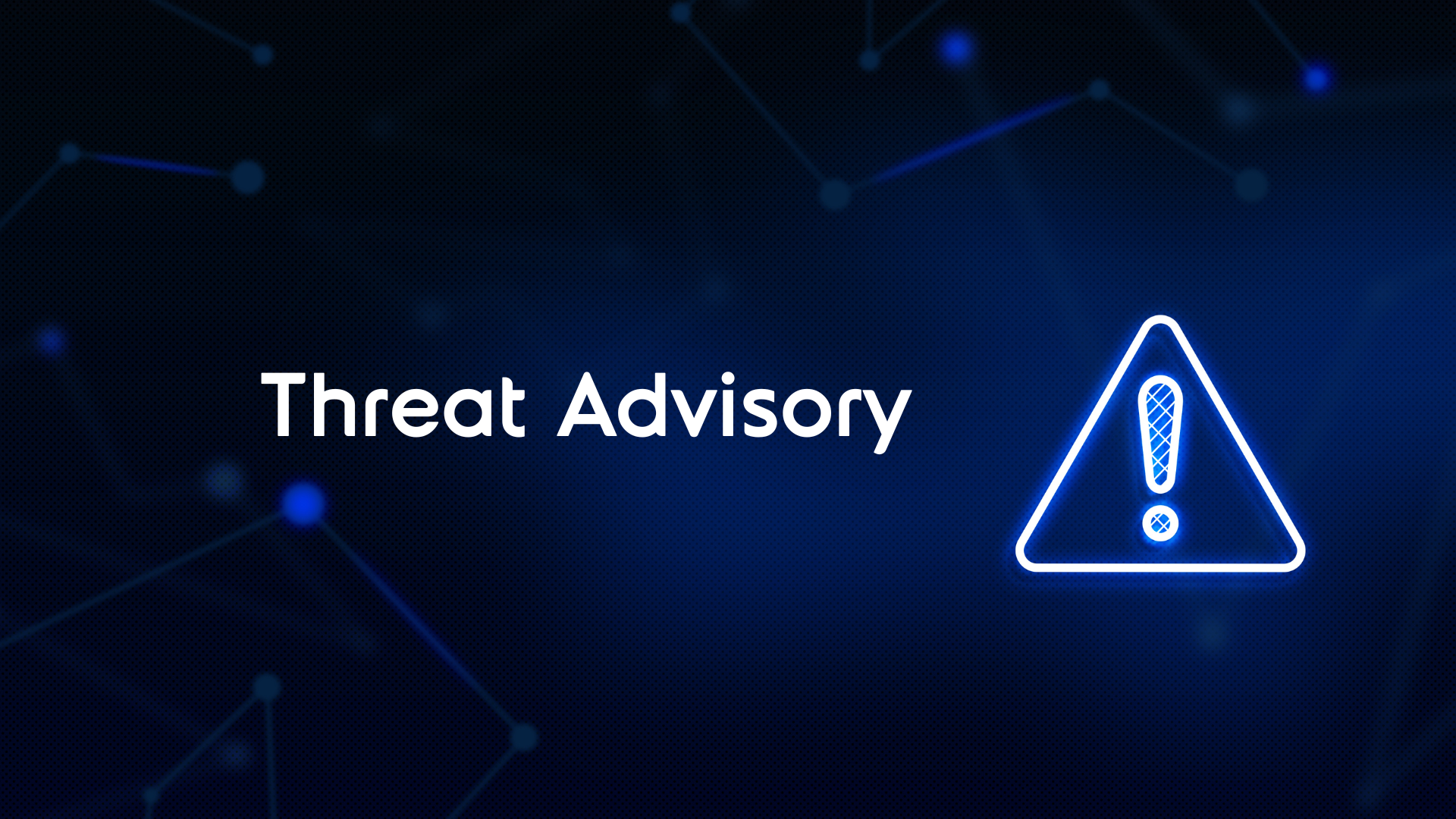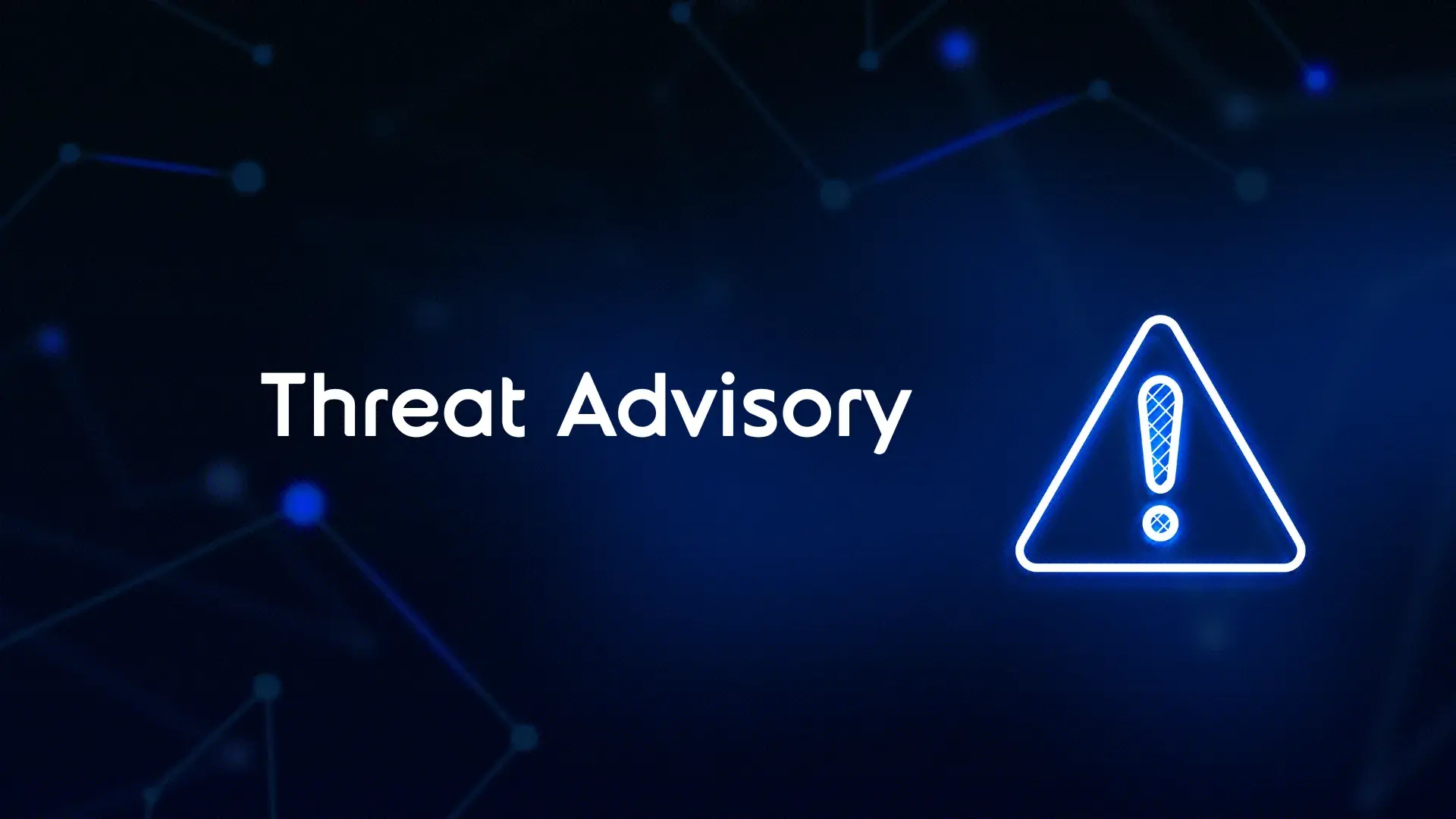The biggest cyber attacks of 2025 and what they mean for 2026
2025 was defined by some of the most disruptive and revealing cyber attacks in recent memory. While headline statistics suggested that the average cost of cyber incidents declined year on year, a small number of high-impact attacks involving household names such as Marks & Spencer and Jaguar Land Rover dramatically altered the picture.







